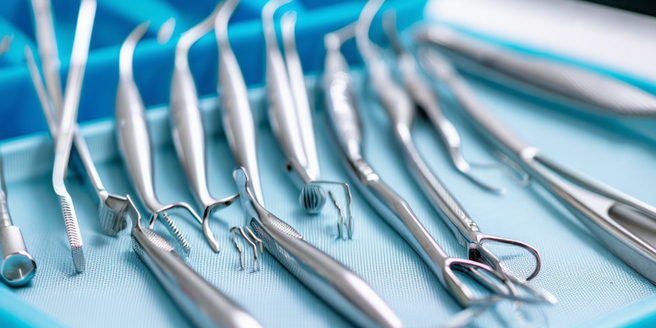Understanding Your Dental Care Options
Low-income individuals often face a dilemma when it comes to dental care due to limited resources. Understanding various options available is the first step towards receiving necessary care. Most areas have community dental clinics that offer services at reduced rates, catering to those who fall below a certain income threshold. Many people are unaware that financial aid programs exist specifically for dental care needs. It’s important to research local clinics that might provide sliding scale fees. Additionally, some dental schools offer clinics where supervised students perform procedures at lower costs. Dental insurance plans specifically designed for low-income individuals might also be available, focusing on preventative care to avoid serious health issues. Investigating these options thoroughly can help in prioritizing essential treatments without causing financial strain.
Finding Affordable Dental Clinics
Locating affordable dental clinics can be an overwhelming task, but it is essential for maintaining dental health, particularly for low-income families. Start by checking online databases that list community health centers and clinics offering dental services based on sliding scale fees. These clinics often receive funding to serve underinsured populations ensuring prices are kept low. It’s beneficial to reach out to local dental societies, as they may host events like dental fairs, offering free care days. Another option is exploring services offered by dental schools, where students provide care under supervision at reduced costs. These schools provide an excellent opportunity for people to access necessary treatments without excessive financial strain. Staying informed about community resources can significantly ease the burden of dental expenses.
Government Programs for Dental Assistance
Government programs play a crucial role in providing dental assistance to low-income individuals. Medicaid is the primary federally funded program offering dental benefits to eligible adults and children, varying by state. Many states include preventive and emergency services, ensuring essential health needs are met. Regular dental check-ups can prevent more severe health issues down the line. The Children’s Health Insurance Program (CHIP) is another critical resource, covering dental services for children in eligible families. Additionally, specific states may have separate dental care assistance programs targeted at low-income seniors or disabled individuals. Understanding how these programs work, eligibility criteria, and the extent of coverage can help individuals access necessary dental care without financial strain.
Non-Profit Organizations Offering Dental Care
Non-profit organizations can be a vital resource for securing dental care, particularly for low-income families. Many of these organizations and charities operate free or reduced-fee clinics aimed at providing basic dental services. Some well-known non-profits include America’s Dentists Care Foundation, Remote Area Medical, and Give Kids A Smile, each offering specific programs and events for underserved populations. Additionally, new non-profits are emerging to meet the growing need for accessible dental care across different regions. It’s essential to research organizations within your local area that might provide these services. Some require applications, while others are available on a walk-in basis. Being proactive in seeking assistance from these organizations can help alleviate the pressure of dental costs, ensuring individuals obtain necessary care.
Tips for Maintaining Dental Health on a Budget
Maintaining dental health on a tight budget can be challenging, yet it’s crucial to prioritize oral hygiene to prevent costly dental treatments in the long run. Simple daily habits, like brushing twice a day with fluoride toothpaste and flossing regularly, can significantly reduce plaque buildup and cavities. Investing a small amount of time and effort every day can lead to long-term savings on dental care. Opting for affordable over-the-counter products can also aid in maintaining oral hygiene without hefty costs. Regular check-ups at community dental clinics can help catch issues early when they’re easier and cheaper to treat. Additionally, balancing diet by reducing sugary snacks and drinks, and increasing water intake, can vastly improve dental health. These tips can make a substantial difference and keep dental expenses manageable.



